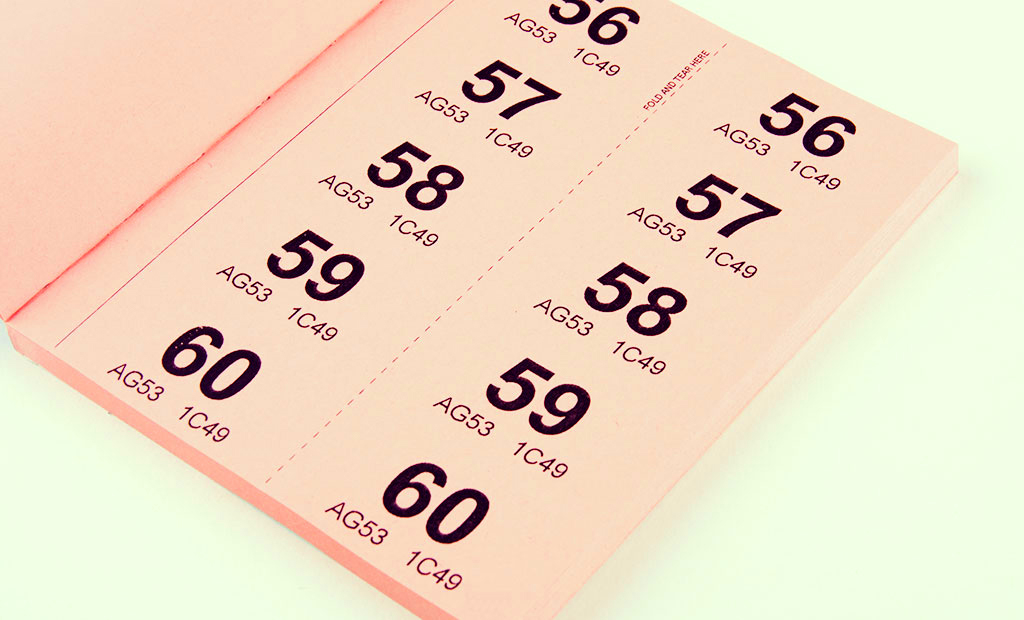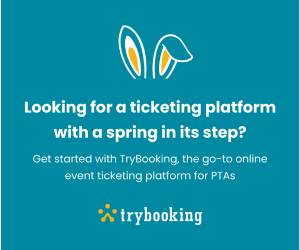A lottery is a kind of gambling which has three essential ingredients:
- you have to pay to enter the game
- there is always at least one prize
- prizes are awarded purely on chance.
In a typical raffle, a player buys a ticket with a number on it. The tickets are randomly drawn and those holding the same numbered tickets win the prizes. Another version is a sweepstake – for example, where the participants pay to randomly pick a name in a ‘guess the name of the teddy’ game. The person who guesses the winning name wins the teddy.
There are three types of lottery that PTAs are likely to hold: An incidental lottery doesn’t require any permissions or licences and is often the kind held at school fetes. All ticket sales must take place during the event but the draw may take place afterwards.
A private society lottery also requires no additional licence and you may sell tickets in advance to members of your society and their guests, but on the society premises only (ie on school grounds). This type of lottery presents a challenge for PTAs since it may not be promoted in any way outside the school premises, so you would not be able to send flyers or tickets home in book bags or mention an upcoming raffle, such as the raffle at your summer fair, on a poster for the event.
A small society lottery doesn’t need a licence from the Gambling Commission, but does require you to register with your local authority and pay a small fee. The society in question must be set up for non-commercial purposes, ie, charitable.
- See our step-by-step guide to raffles with easy to follow PDF: Does your raffle need a licence?
- How to write letters to businesses
- Summer fair checklist
- Improve PTA meetings
Do we need a lottery licence to run a raffle at our fair?
If you are running a raffle where tickets are not sold before the event, it falls under the terms of an incidental lottery. As such, you will not require a licence or any specific permissions. However, you must adhere to the following rules:
- All tickets must be sold at the location during the event. The draw may take place after the event, but you should establish a way for ticket holders to find out who has won.
- The promoters of the lottery cannot deduct more than £100 from the proceeds in expenses incurred, such as for the cost of printing tickets, hire of equipment, etc.
- No more than £500 can be deducted from the proceeds for prizes (but other prizes may be donated) and the raffle cannot involve a rollover of prizes.
If you are selling tickets prior to the event to members of the public or advertising your raffle outside of society premises in any way, this falls under the terms of a small society lottery – see below.
Can we sell tickets before the event?
If you are planning to sell tickets to the public prior to the event and the proceeds (from ticket sales) for a single draw are not anticipated to exceed £25,000 then you must register with your local authority as a small society lottery. You would need to pay a small fee and comply with a range of regulatory requirements including providing entrants to the lottery with tickets stating specific information (see below) and preventing children under the age of 16 from participating. If the proceeds for a single draw were to exceed £25,000 you would require a large society lottery licence from the Gambling Commission.
Are there any specific details that must be printed on our raffle tickets?
There are no specific requirements for details to be printed on tickets sold in an incidental lottery.
For a small society lottery, tickets must show the name of the promoting society, the purpose of the lottery, ticket price, name and address of the organiser, and the date of the draw.
Check the wording on your registration carefully as there may be other rules, such as a requirement to print the top three prizes on the ticket.
We have alcoholic prizes – are there any other regulatory requirements to consider?
Not from a lottery perspective. Alcoholic prizes cannot be given to under 18s, but you would need to check with your local authority for any further requirements.
Advice from licensing office: As long as your prizes are in sealed containers a TEN (Temporary Event Notice) would not be required, however you may need a TEN for other attractions at your event or if your event itself is considered regulated entertainment. If someone who appears to be under 18 wins an alcoholic prize, checks should be made to verify their age and it is good practice to withhold the prize until it can be given to someone of 18 or over.
We are selling raffle tickets at our event, with alcoholic prizes – does it matter if my son is sitting on the stall with me?
If the lottery is being run as an incidental lottery then this would be allowed from a lottery/raffle point of view. This is not an issue for the Licensing Act 2003.
- How to find great raffle prizes
- Join in with the conversation: our national and local Facebook groups are a great place to talk to like-minded PTA members
Do we need to be a charity in order to run a raffle?
You do not need to be a registered charity to run raffles or lotteries, however they cannot be run for private or commercial gain. You will need to set up as a society if you are looking to be registered or licensed as a small society lottery.
Can children buy (or sell) raffle tickets?
They can in an incidental lottery, but children under the age of 16 cannot sell tickets or participate in a small society lottery.
- Quick check: Does your raffle need a licence? (PDF)
We’ve had to postpone our event, can I change the date we draw our raffle?
If you are registered with your local authority to run a small society lottery, then you need to contact them in case they have specific terms and conditions you must adhere to. If you change the date of the draw, it will need to take place as soon as practicably possible. You must make every attempt to notify those who have purchased tickets in the lottery/raffle of the change to the draw date. The notification may be through a number of channels including email, a telephone or text message, your website, a newsletter and your local newspaper.
Can we sell raffle/tombola tickets for 50p each or three for £1?
Tombolas are often run at non-commercial events, such as school fetes, and are normally offered as an incidental lottery under the Gambling Act 2005. Although there are other rules for this type of lottery, the only requirements regarding tickets are that they are sold at the place where the event is held, while the event is taking place. Under the Act there is no reference to ticket pricing so it is acceptable to, for example, charge 50p for one ticket, £1 for three tickets. Similarly, if during the latter stages of the event there were still prizes left, there are no restrictions on reducing prices of tickets further in order to sell them.
For more information
More details about running a raffle for fundraising can be found in the ‘Lotteries FAQs’ section on the Gambling Commission website. Or contact the licensing officer at your local authority.
- Licensing guide: All you need to know
- Online raffle FAQs
- Raffle tips and advice
- Find raffle ticket suppliers in our online directory
The above is intended as guidance only. We recommend that you contact the relevant organisations with specific reference to insurance, legal, health and safety and child protection requirements. Community Inspired Ltd cannot be held responsible for any decisions or actions taken by a PTA, based on the guidance provided.









